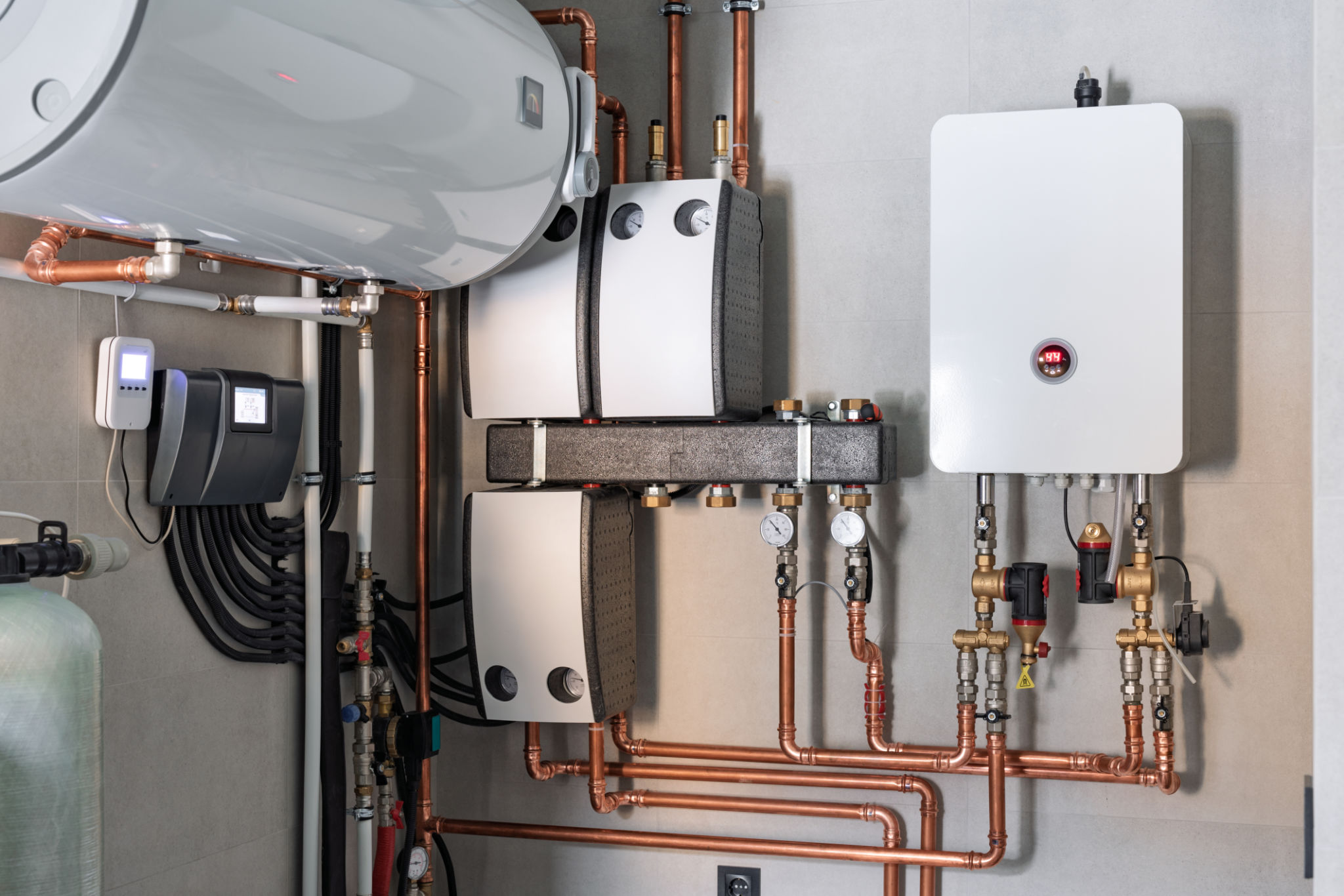The Future of Plumbing: Innovations and Trends
SP
Introduction to Modern Plumbing
Plumbing has been an essential part of human civilization for centuries, but recent technological advancements are setting the stage for a revolution in how we manage water systems. The future of plumbing is not just about pipes and fixtures; it's about integrating smart technology, sustainability, and innovative materials to improve efficiency and conservation.
Smart Plumbing Systems
The incorporation of smart technology into plumbing systems is growing rapidly. With the advent of the Internet of Things (IoT), homeowners can now control their plumbing systems remotely through smartphone apps. These smart systems can detect leaks, monitor water usage, and even adjust water pressure automatically to save energy and reduce water waste.

Water Conservation Innovations
As water scarcity becomes a more pressing global issue, innovations in water conservation are crucial. Modern plumbing fixtures such as low-flow toilets, faucets, and showerheads are designed to reduce water consumption without sacrificing performance. Additionally, greywater recycling systems are becoming more popular, allowing households to reuse wastewater from sinks and showers for irrigation and other non-potable uses.
Advancements in Plumbing Materials
The materials used in plumbing systems are also evolving. Traditional materials like copper and PVC are being supplemented or replaced with more sustainable options such as PEX (cross-linked polyethylene) and CPVC (chlorinated polyvinyl chloride). These materials are not only more durable but also easier to install and maintain, offering longer lifespans and reduced environmental impact.

Sustainability in Plumbing
Sustainability is at the forefront of modern plumbing innovations. Rainwater harvesting systems are increasingly being integrated into residential and commercial buildings. These systems collect rainwater from roofs and store it for later use, reducing reliance on municipal water supplies. Furthermore, solar water heaters are becoming more affordable and efficient, providing an eco-friendly alternative to traditional water heating methods.
The Role of AI in Plumbing
Artificial intelligence is making its mark on the plumbing industry by enabling predictive maintenance. AI-driven analytics can process data from smart sensors installed in plumbing systems to predict potential failures before they occur. This proactive approach minimizes downtime and reduces repair costs, ensuring a seamless operation.

Conclusion
The future of plumbing is bright, with innovations that promise to enhance efficiency, sustainability, and convenience. As technology continues to advance, we can expect even more groundbreaking developments that will reshape the way we interact with water systems. By embracing these trends, homeowners and businesses alike can contribute to a more sustainable future while enjoying the benefits of modern plumbing solutions.